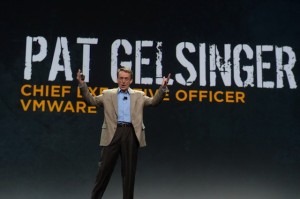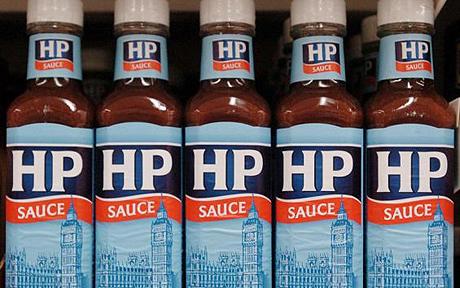 In a comment which would be news to his boss Michael Dell, VMware CEO Kicking Pat Gelsinger says he does not work for him.
In a comment which would be news to his boss Michael Dell, VMware CEO Kicking Pat Gelsinger says he does not work for him.
Gelsinger was playing down the influence parent company Dell has on VMware, citing recent partnerships with Dell’s competitors as proof
The relationship between the pair has become more formal since Dell acquired EMC, which owned VMware, most recently when Dell announced it would be distributing VMware products.
Speaking at VMworld Europe in Barcelona, Gelsinger stressed that VMware remained an independent company.
“I don’t work for Michael [Dell], I work for the board of directors. We remain an independent legal company with our own route to market.”
Gelsinger said that VMware’s independence is proven by the relationships it has formed with vendors that compete with Dell.
“At VMworld US when I was announcing the HP relationship, Michael Dell was in the front row. Absolutely, we’re going to partner broadly across the ecosystem, but we’re going to accelerate the business of VMware by Dell reselling and investing more around the VMware products.”
Dell was benefiting from VMware’s ecosystem – highlighting the announcement today that Dell EMC will offer its commercial customers access to VMware products in IBM’s cloud. The partnership also sees Dell EMC’s infrastructure products added to the IBM Cloud.
“Because of VMware and our partnership with IBM, today Dell announced their partnership with IBM and that is largely as a result of the work and innovation that we were doing jointly with IBM; now it’s expanded to benefit Dell as well,” he said.
“There you see the synergies playing out: not Dell helping us, but us helping Dell.
“Overall we feel very good that the relationship is going quite strongly. We’re announcing major partnerships with other companies like Lenovo, HP, Amazon that aren’t Dell partners, but also doing more with Dell.”



















